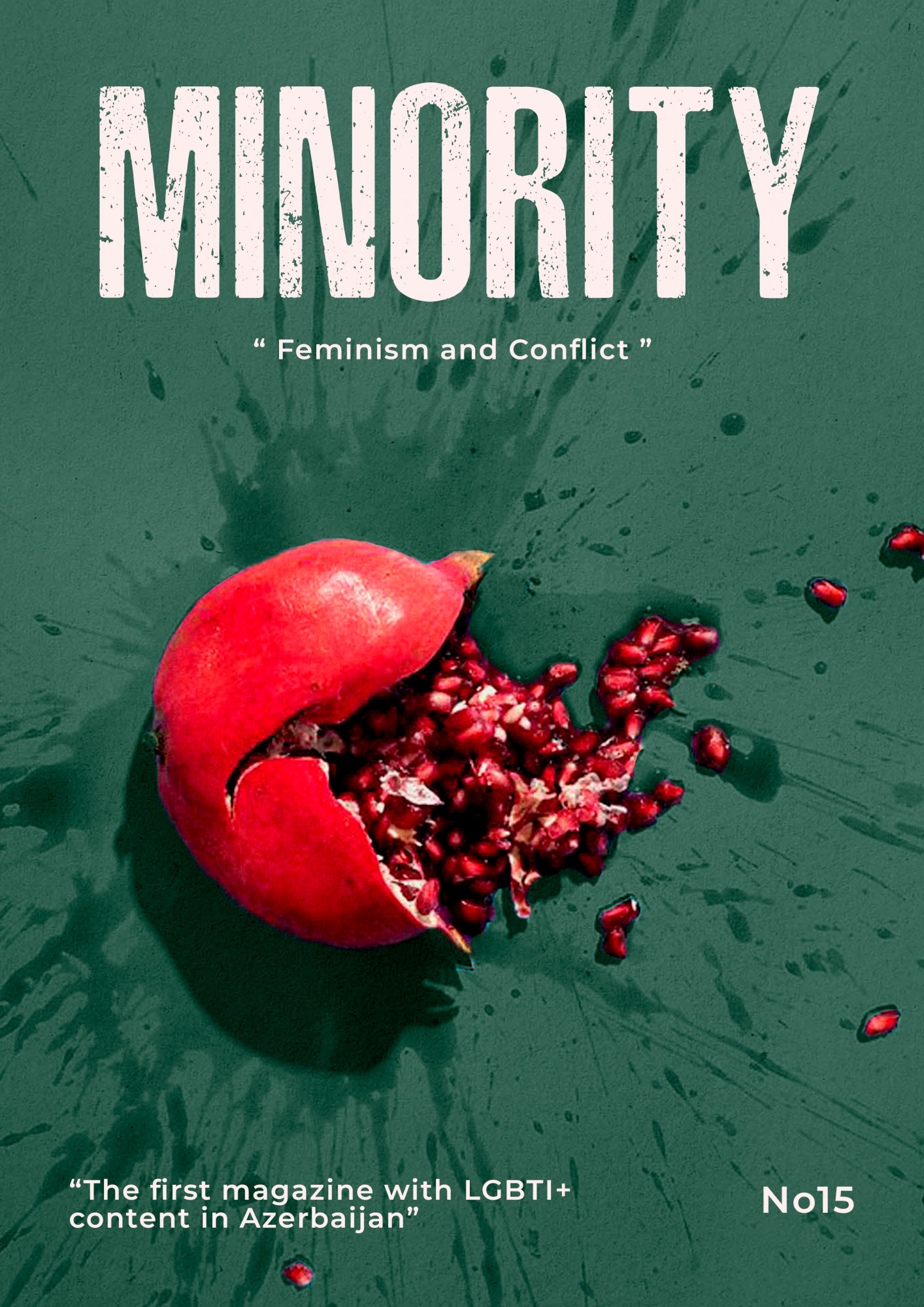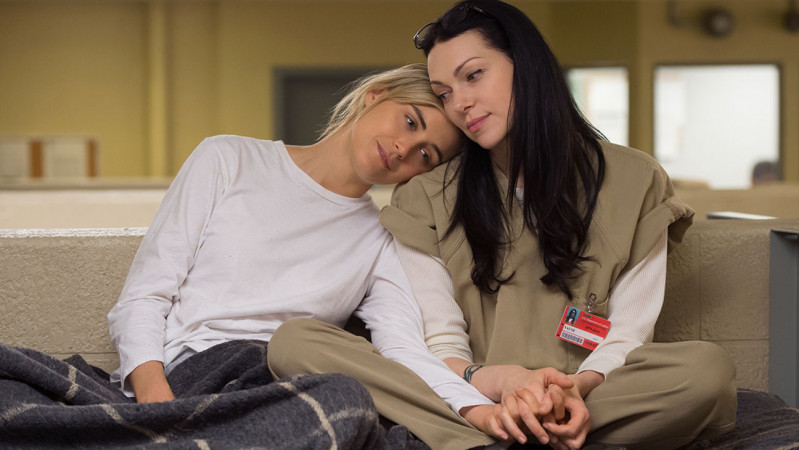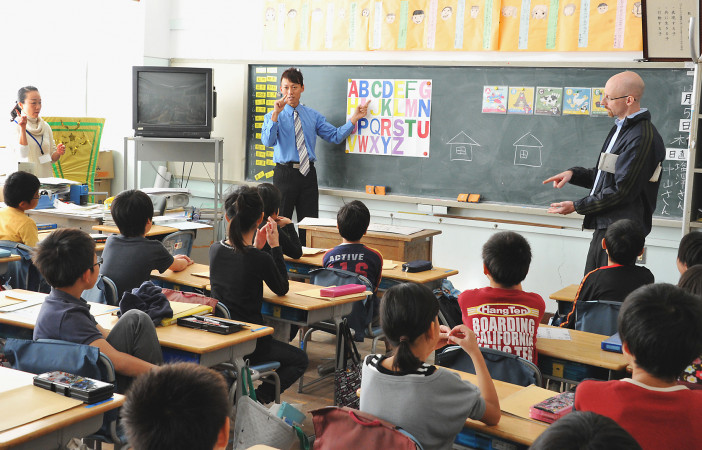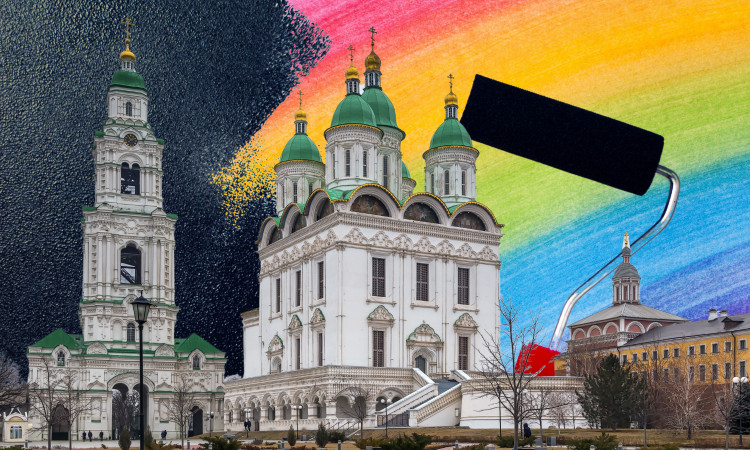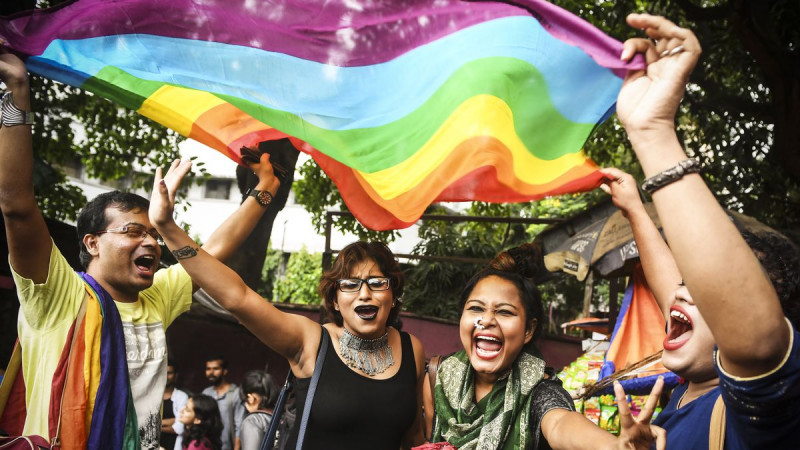Minority magazine No15
The 15th issue of Minority magazine is out now.
After a nearly 4-year hiatus, Minority greets its readers. The last four years have been marked by violence and wars in our region and beyond. For this reason, we have focused on Feminism and Conflict in this issue.
Pomegranate - Community, pomegranate seeds - community members. The cover of the magazine was prepared by Gulay Abilzadeh. She says she uses the green and red colours to draw attention to the occupation of Gaza. Once whole but now in-pieces Pomegranate and the seeds are a metaphor for the devastation wrought by violence and conflict on the Palestinian community. Although crushed and scattered, the Pomegranate still represents unity because some of its seeds are still connected to each other. This reflects the hope for peace.
Neil Jordan's "Breakfast on Pluto" excels in exploration of trans issues compared to the common narratives found in modern cinema. As Vusala Hajiyeva notes in her piece "Breakfast on Pluto: Crisis of Identity Against the Backdrop of Conflict and the Search for Love", unlike many films directed by cis-heterosexual men, this Irish gem moves beyond superficial descriptions to deeply examine the emotional struggles faced by the trans community. The film skillfully portrays Kitten's journey - escaping societal gender norms set against the tumultuous backdrop of 1970s Ireland. Despite widespread confrontations and societal pressures, Kitten's response remains deeply humanistic, choosing love over hostility. The film highlights the transformative power of love amidst cultural dissonances, perfectly intertwining Kitten's personal quest with a fervent search for her estranged mother.
Feminism intersects with war in a nuanced dialogue. Sevgi İsmayılbəyli speaks with Mariam Tchantchalishvili, a sociologist specialising in gender studies from the South Caucasus, about feminism and militarization. In the interview, Tchantchalishvili notes the inherently anti-militarist character of feminist ideals. She emphasises the need for feminist resistance against militarism, the gendered aspects of war, and the strengthening of marginal voices.
We also highlight the art scene in Gaza. Hiba Abu Nada's poem "Goodnight, Gaza'' encompasses the difficulties of life in the region.The art piece "Peace in Gaza" by Palestinian artist Heba Zagout, created in 2021, encompasses a harmonious cityscape despite the ongoing occupation. The artwork, depicted with symbolic waves and a red sky, highlights the enduring impact of violence. However, Zagout's work instils hope through doves adorned with Palestinian patterns, symbolising a collective longing for a free and peaceful future amidst difficulties.
The work titled "untitled" by Abkhazian artist Salina Abaza addresses the ongoing tranquillity in Abkhazia, de-facto existing independently from Georgia in the South Caucasus, touching upon the consequences of the Georgian-Abkhazian war. The mixed-media sculpture using rusted chains, tree trunks, and cobweb freezes time to explore tensions in relationships, touching on the unhealed past and the struggle between progress and tradition.
Sevinj Samadzada's article "UN Security Council's Resolution 1325 on Gender in the Context of the Armenia-Azerbaijan Conflict" critically examines the role of women in peace processes between Armenia and Azerbaijan, focusing on the limitations and opportunities of UN Security Council Resolution 1325. Despite apparent progress, Samadzada argues that negotiation processes remain androcentric, marginalising women's voices and perpetuating patriarchal power structures. She carefully examines the principles of Resolution 1325, especially the "Participation" and "Protection" principles, highlighting that they do not address the root causes of conflict and gender-based violence.
In this issue, we aim to move beyond the visible traces of conflicts and explore the layers of societal wounds. However, our journey does not end here; we will extend our touch to the realms of culture, ideology, language, and art, paying attention to the concept of "cultures of peace" proposed by Johan Galtung.
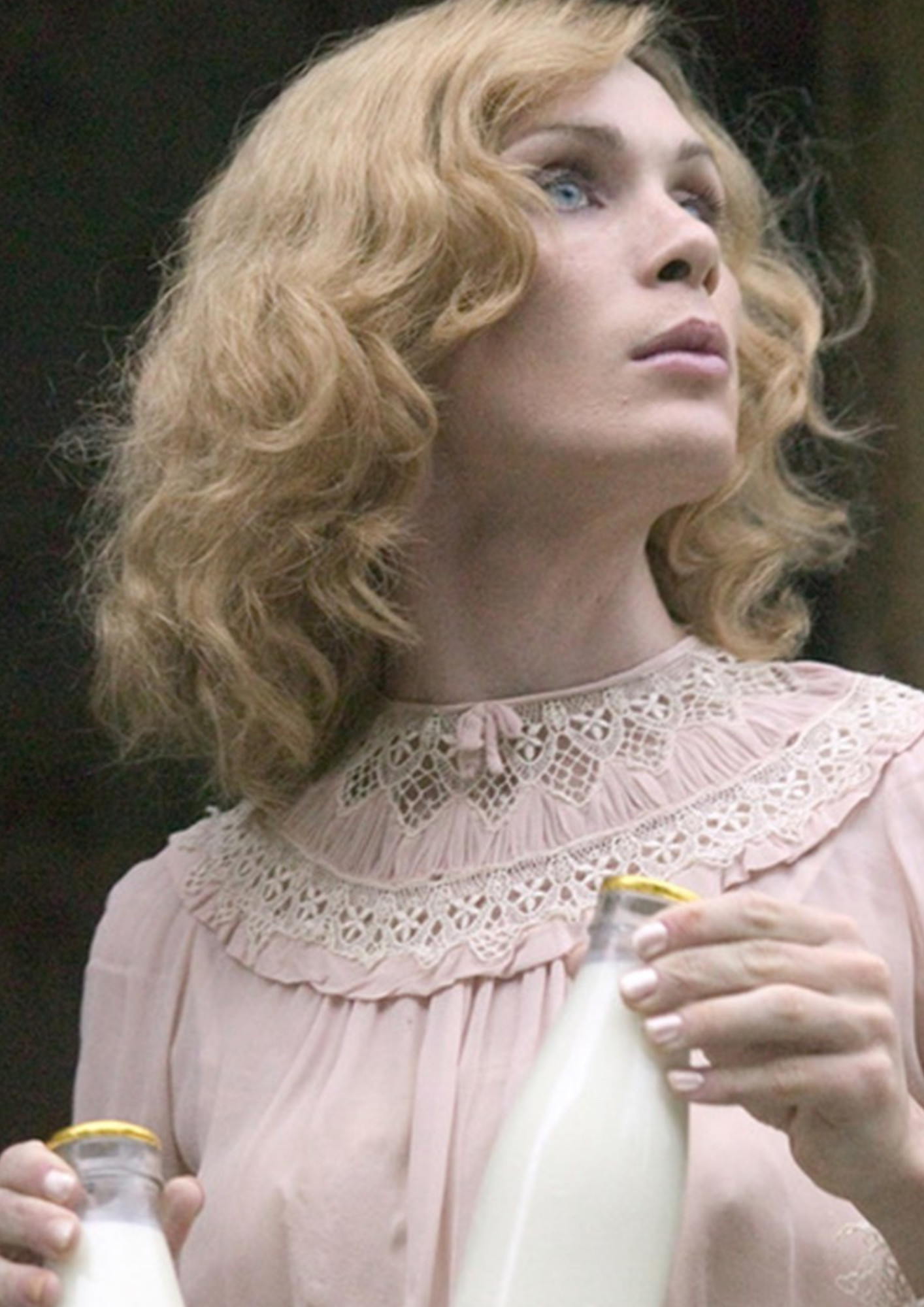 |
Vusala Hajiyeva |
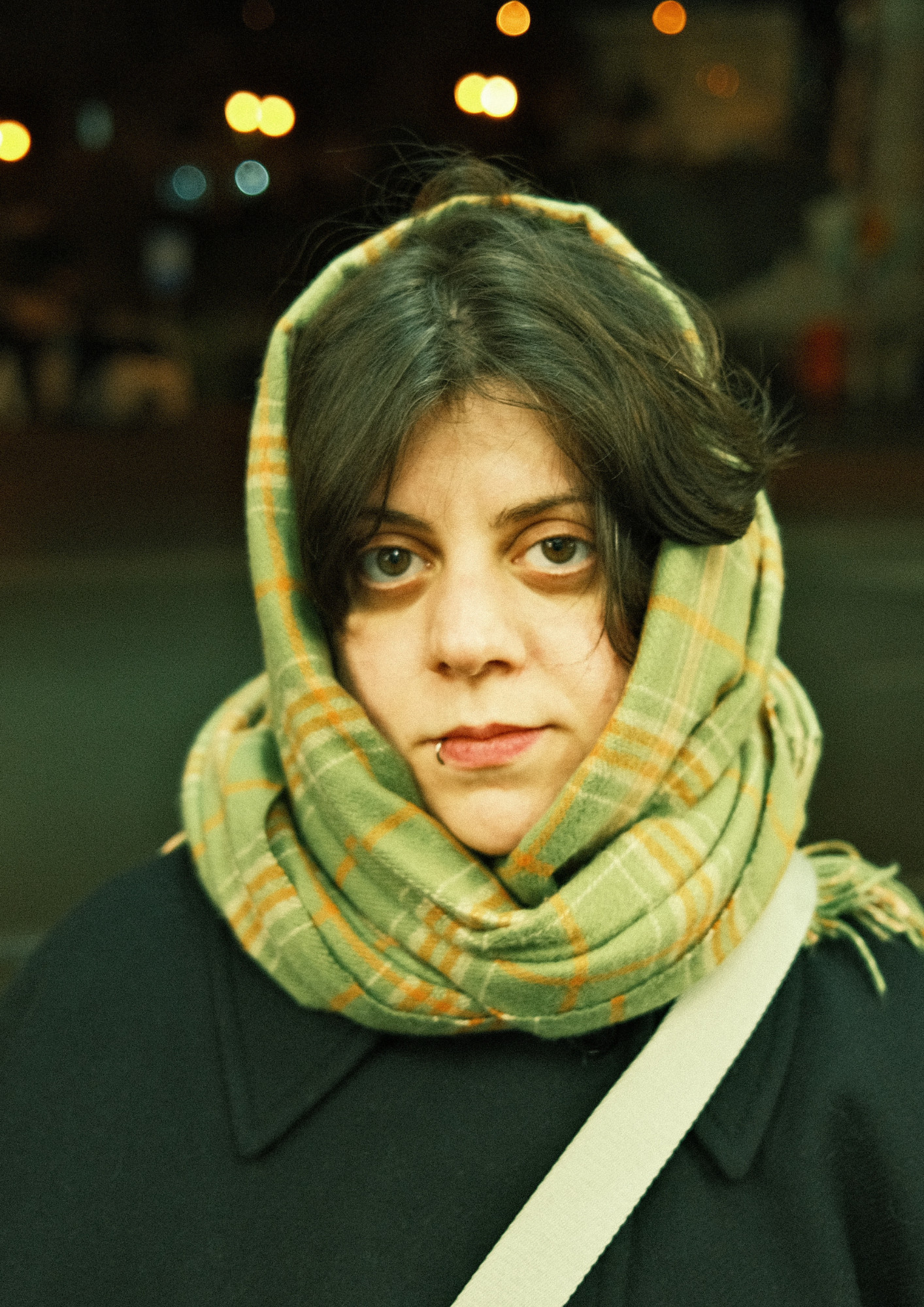 |
Sevgi Ismayilbayli |
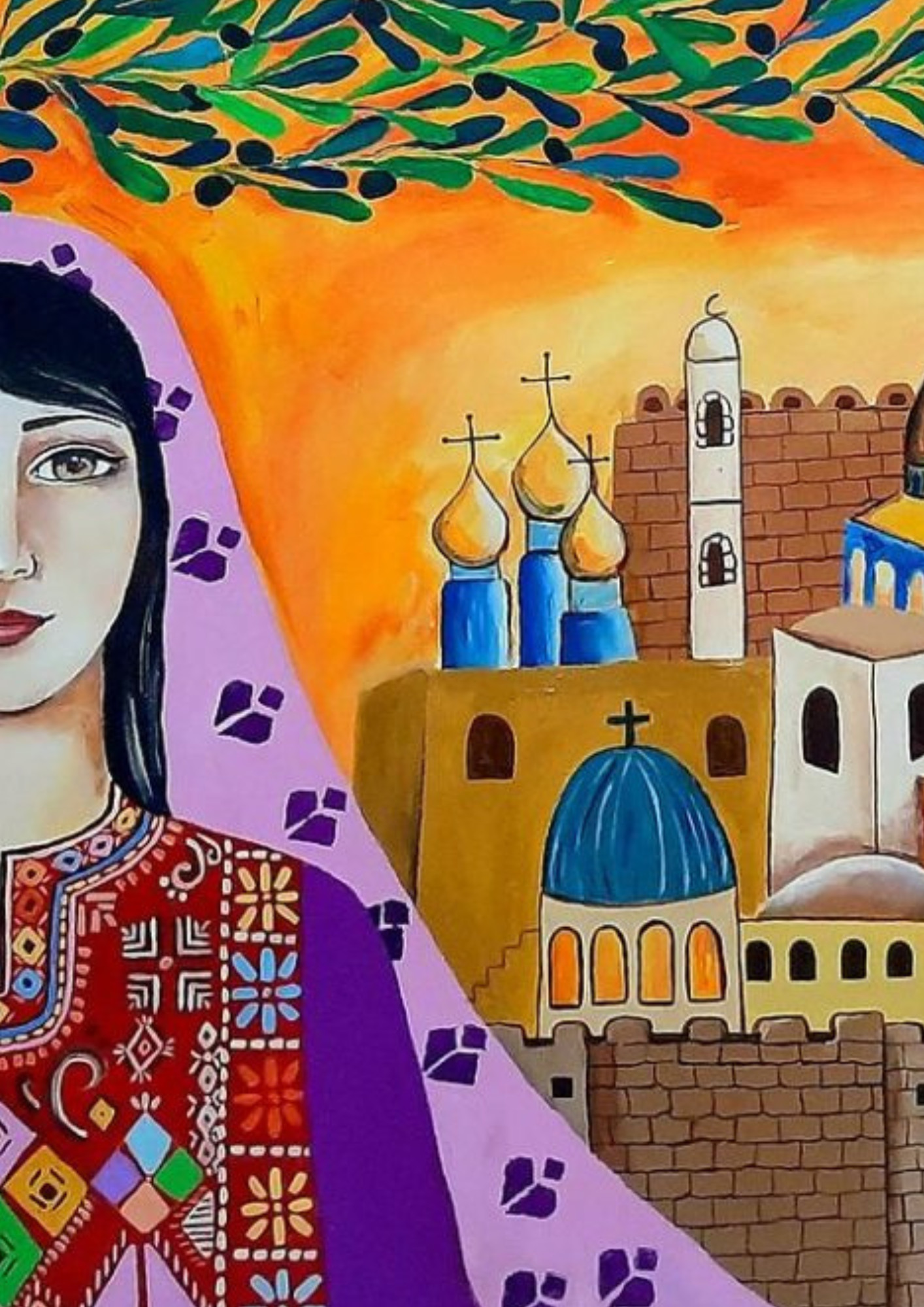 | 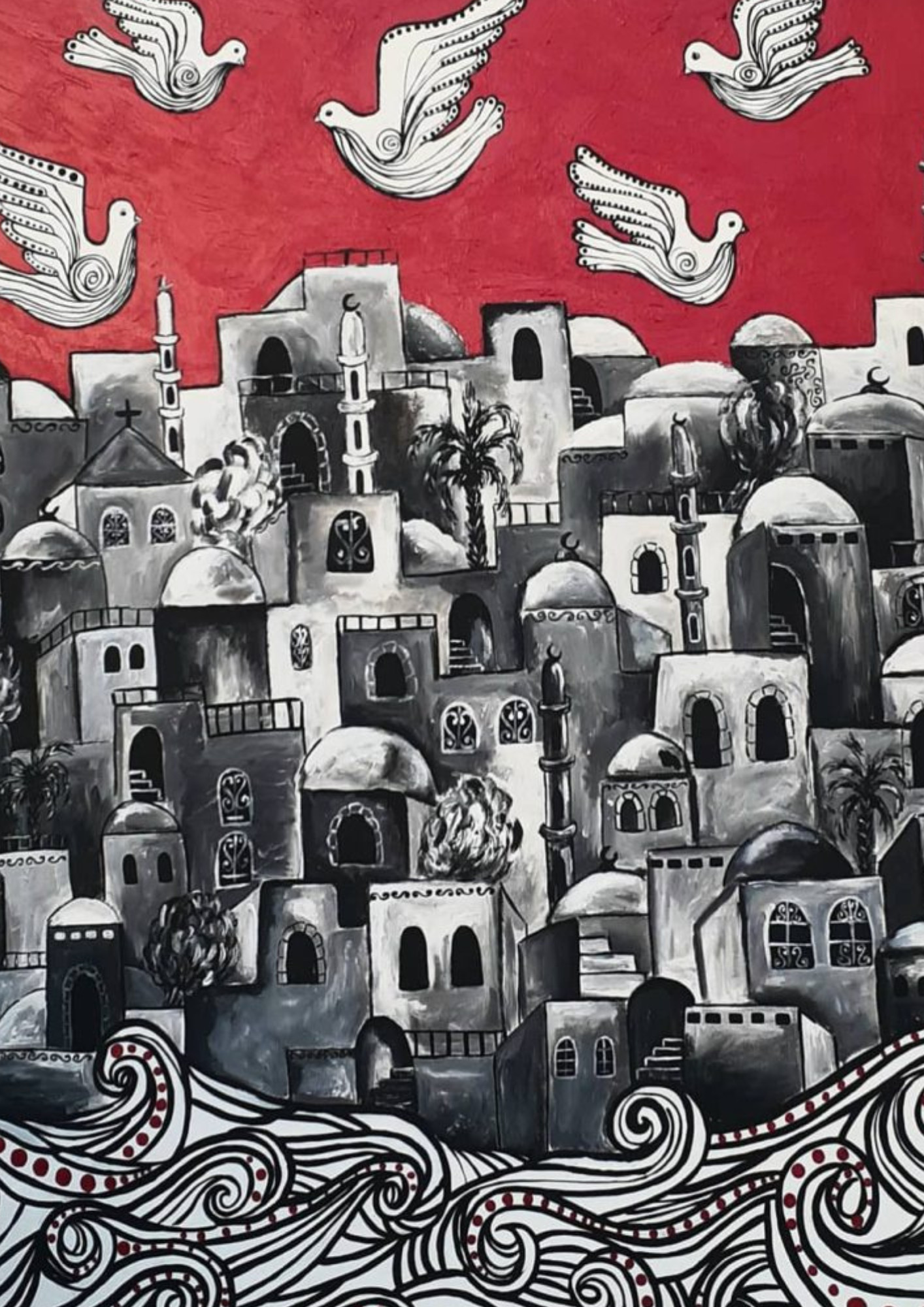 |
Hiba Abu Nada | Vahid Aliyev |
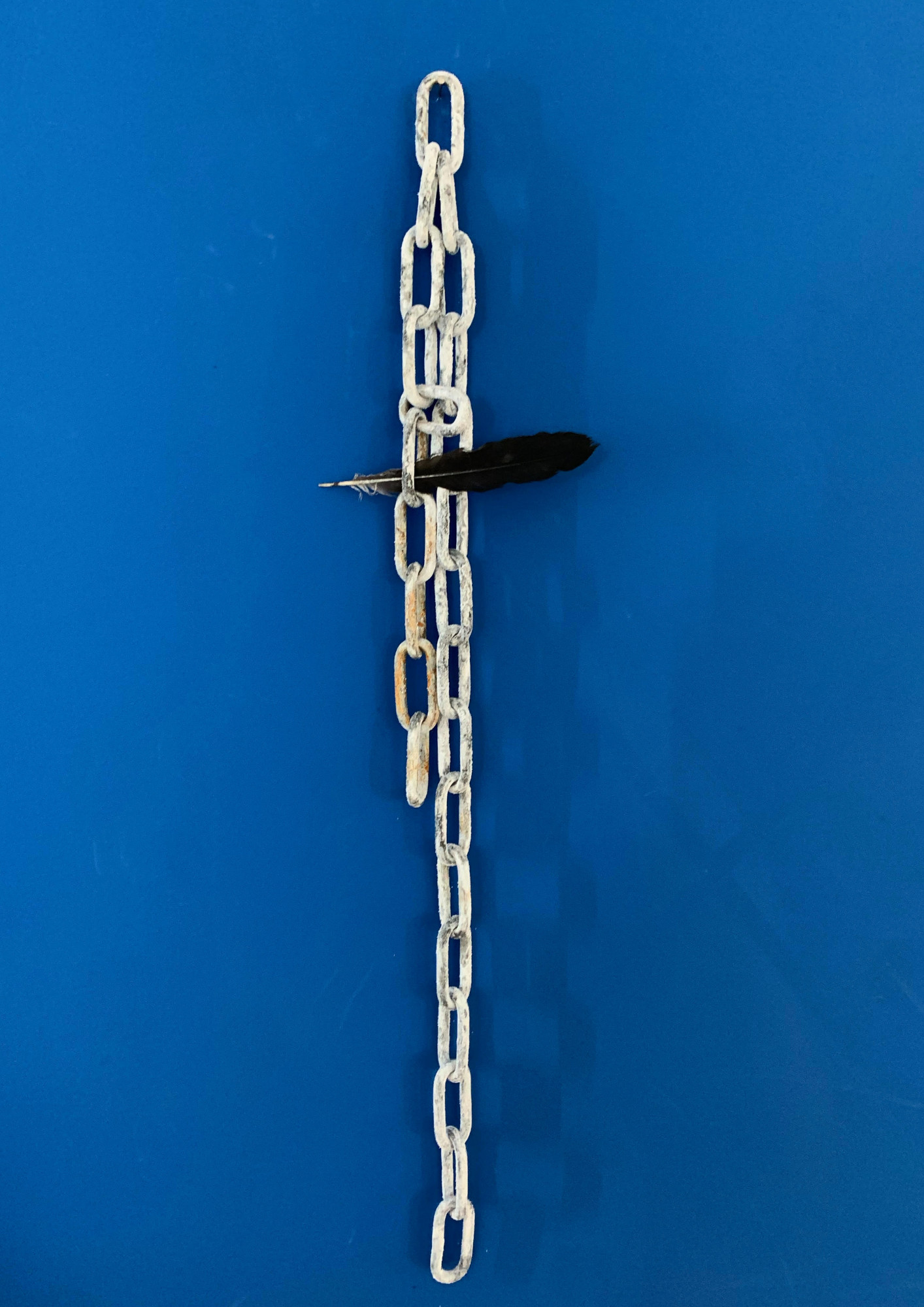 |
Salina Abaza |
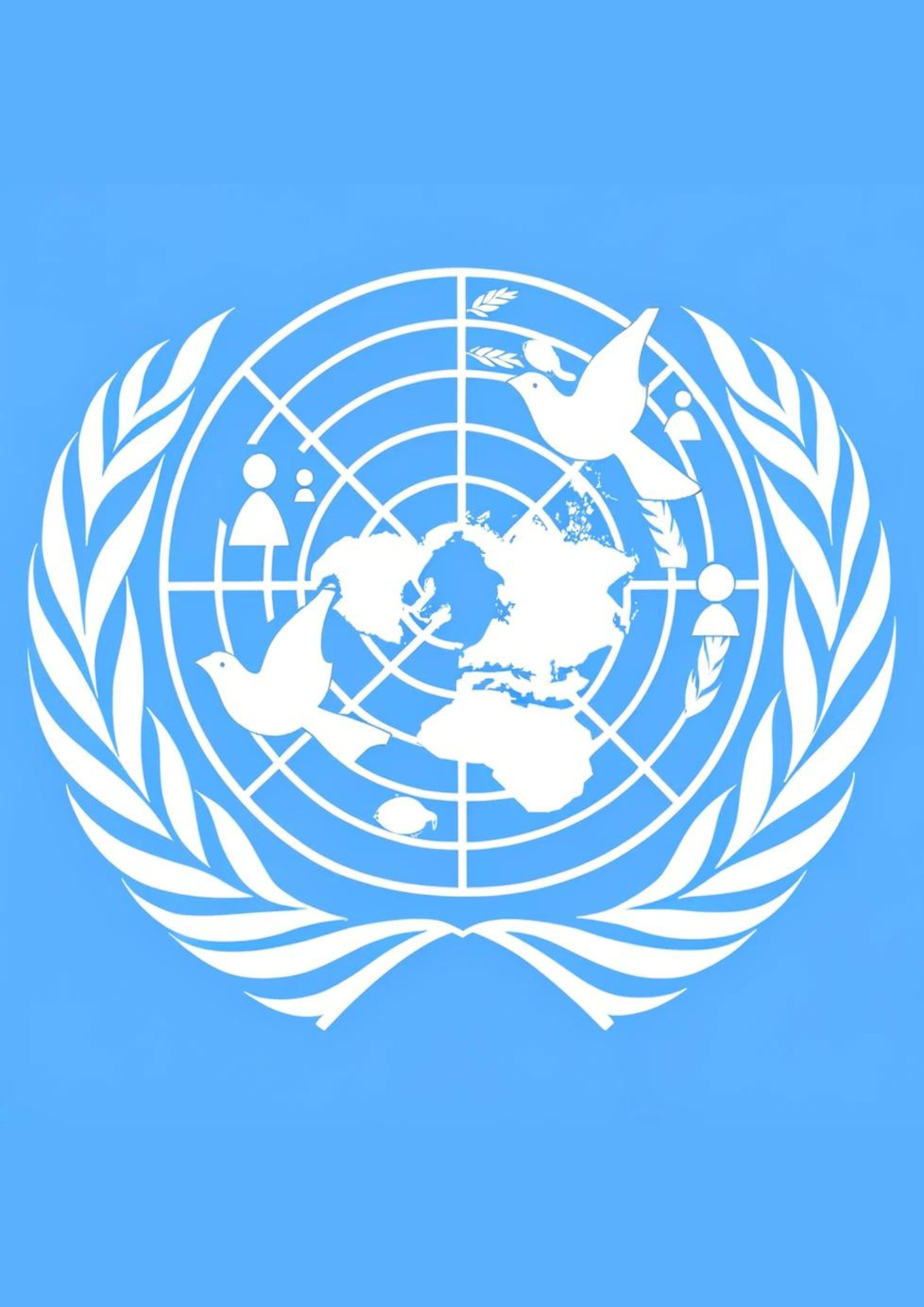 |
Sevinj Samadzade |
Powered by Froala Editor
